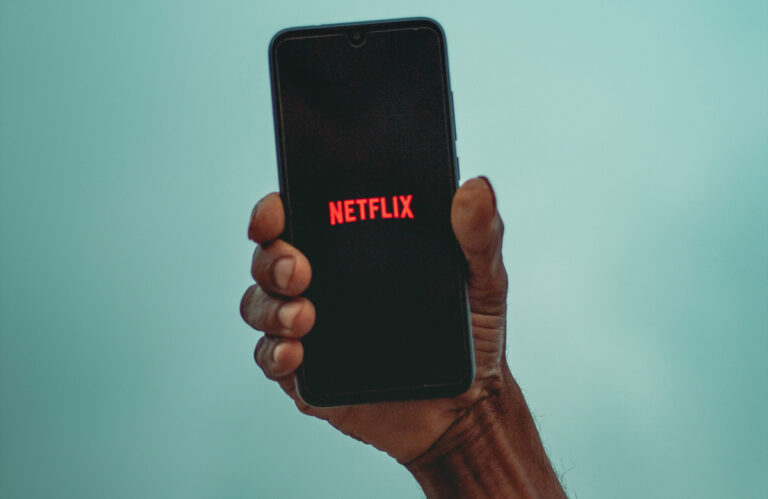Netflix is coming for TikTok through new short-form video content

Remember Quibi’s six-month lifespan? After it was launched in April 2020 and presented itself as the future of ‘snackable’ smartphone entertainment, the short-form video service made history as one of the “shortest-lived streaming services to date,” according to the Wall Street Journal. After officially announcing its shutdown in October 2020, the platform blamed its failure by explaining that “the idea itself wasn’t strong enough to justify a standalone streaming service or because of our timing.”
It looks like Netflix agreed with this statement, because it has recently revealed that it is looking to expand its programming through short-form content too. “We’re looking at how we can better serve members where they have a five or ten-minute break—short-bite content you can consume on mobile,” its chief product officer, Greg Peters, told Wired mid-April.
To test the waters, Netflix has been trialling a “Fast Laughs” feature on the mobile app feeds of a small number of subscribers, which consists of 15 to 45-second comedy clips in vertical video, from Rebel Wilson to BoJack Horseman. Looking back on Quibi’s dramatic crash and burn situation, why is Netflix so confident that short-form video content is about to become the next big thing? Well, a few factors are to be taken into consideration.
First of all, as Quibi sadly realised too late, Netflix has already conquered our TV (and laptop) screens. This means that it has enough authority and influence to go ahead and test a wider range of content options. Let’s say the platform’s Fast Laughs feature doesn’t pick up, would that be a big issue for Netflix? Probably not—the concept will just be put aside and perhaps kept for another roll out whenever its subscribers are ready for it.
When you have a platform with the cultural impact that Netflix has, you have to constantly innovate and test things out. In January 2021, Netflix reported that it had surpassed the 200 million subscriber mark worldwide. Because of the COVID-19 induced lockdowns, the platform—just like other video streaming giants such as Amazon Prime and Disney+—saw demand reach an all-time high. But that didn’t change the company’s strategy. “Covid hasn’t changed what we do,” explained Peters. “It’s been an accelerant—a bunch of people we thought would eventually sign up for Netflix did so earlier because they needed a form of entertainment.”
As most of the population stayed home, Netflix became the world’s go-to entertainment platform. Understandably, the platform had to adapt to the rapid surge in content consumption. In other words, how could Netflix continue to entertain us after we’ve watched most of its content, from Tiger King to The Queen’s Gambit?
Recently, it’s been testing a shuffle tool called “Play Something” which sits on home screens, automatically choosing a series or movie to play based on personalised recommendations. That’s Netflix remedy for the sensation we’re all too familiar with—browsing eternity mixed with indecision facing never-ending choice. “It’s the burden of choice,” explained Glen Davis, senior product designer at Netflix to Wired. “You come home and want to watch something on TV and, instead, you browse for 15 minutes. That was never the intention—you’re there to watch. When you select your profile you’re always in the browse experience. We asked ourselves, ‘What if Netflix started on playback as well?’ It’s the evolution of channel surfing but slightly different in that it’s always personalised.”
Back to short-form video content for now, as this year, Netflix faces a different challenge: not user acquisition but instead, user retention. Post-pandemic, we will (hopefully) be spending less time at home. On top of that, cinemas will reopen and audiences will be seeking new and updated ways to enjoy their content of choice.
Short-form content represents the golden opportunity to appeal to younger audiences who are currently obsessed with the video-sharing platform TikTok. Unknowingly, this audience is demanding video entertainment in quick hits. And Netflix is ready to give them what they want—sorry Quibi…





